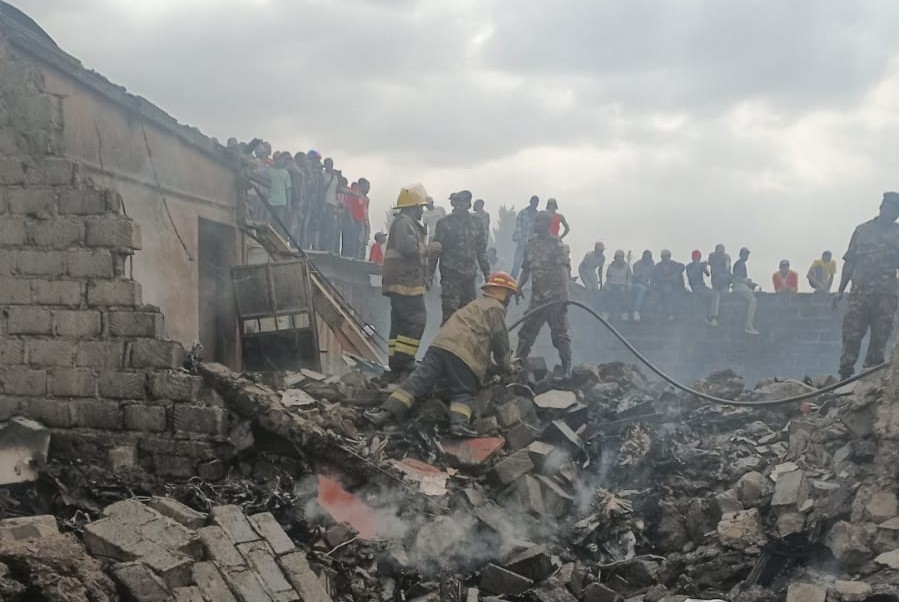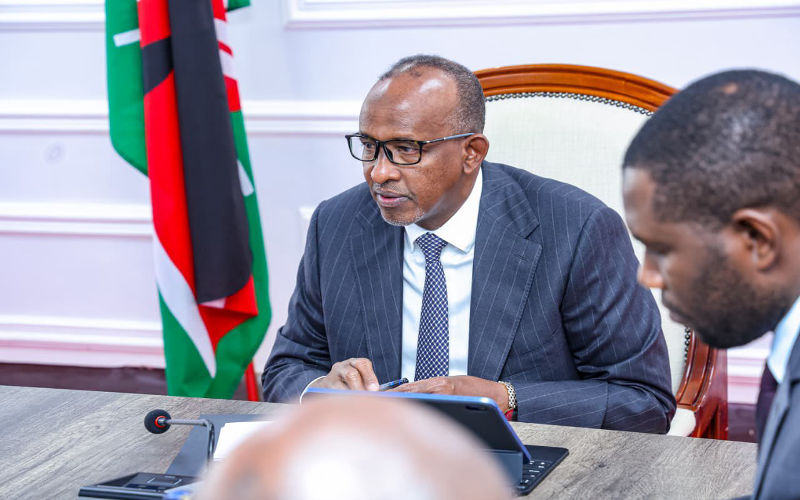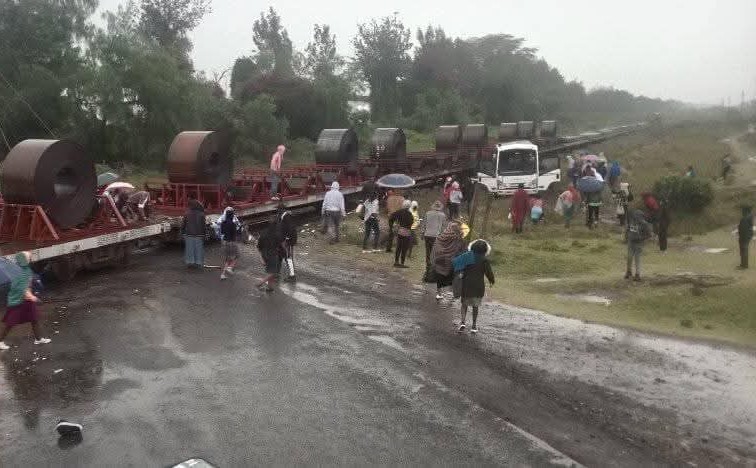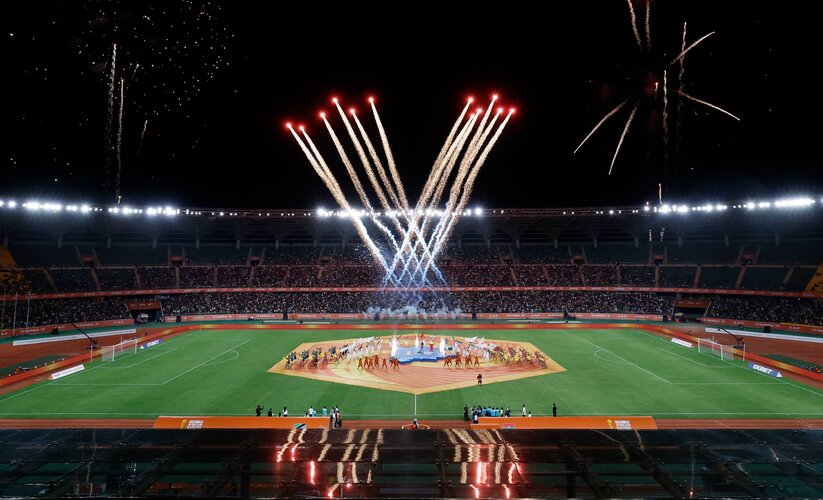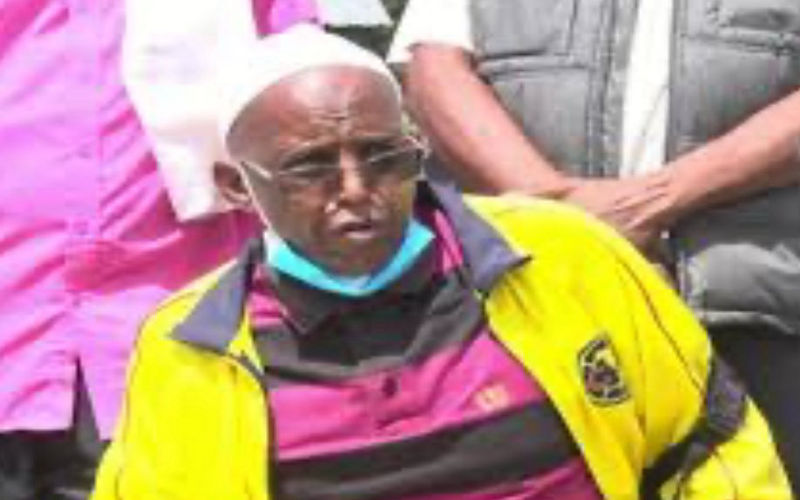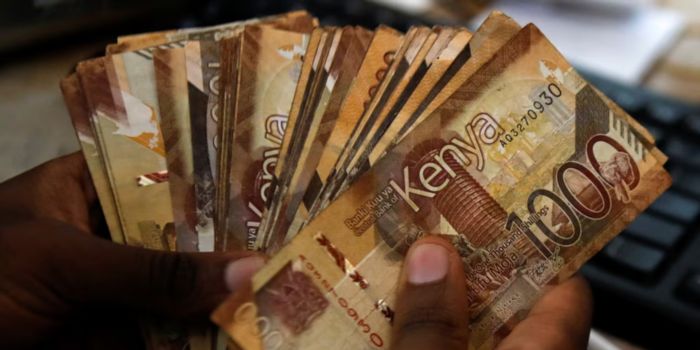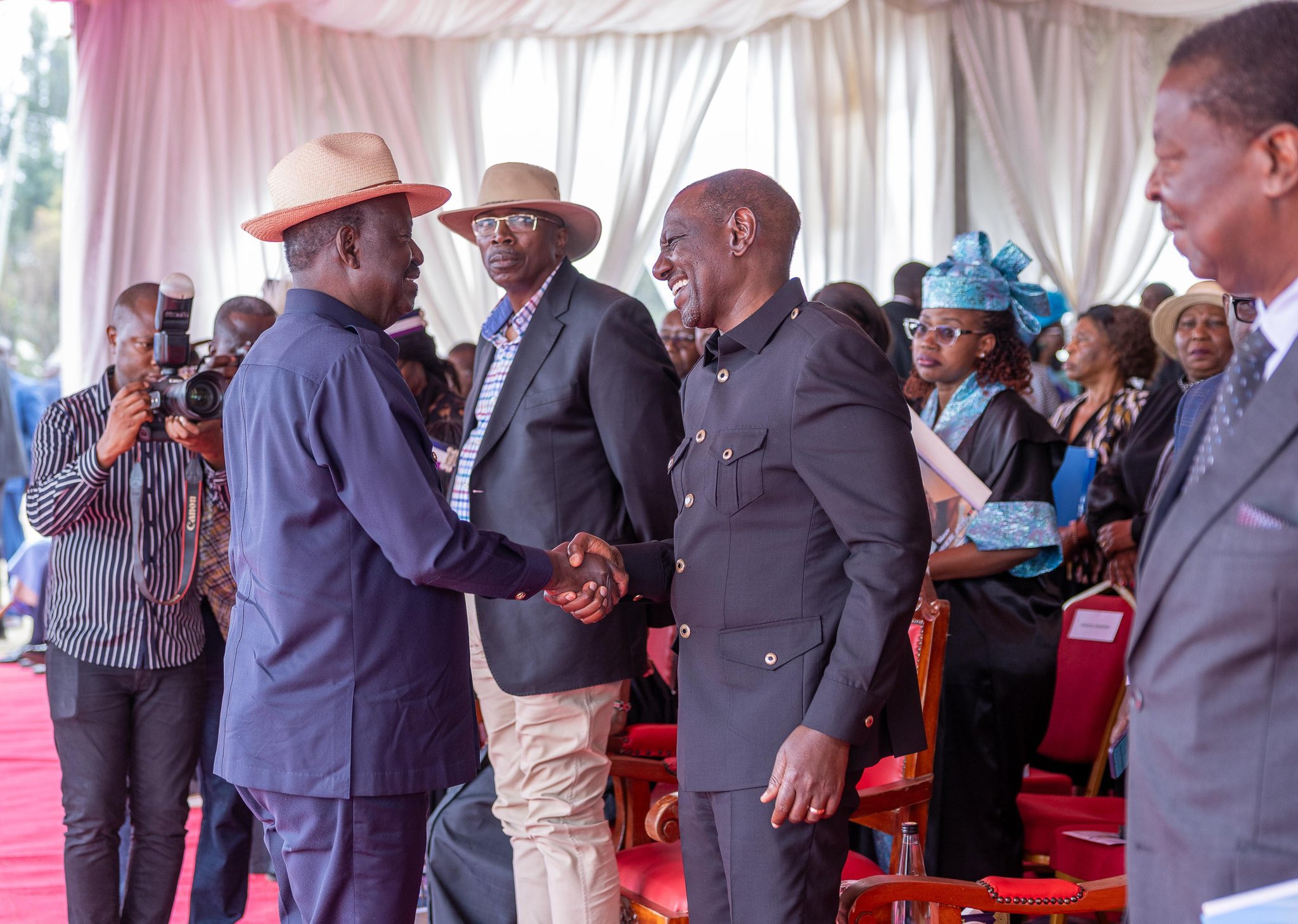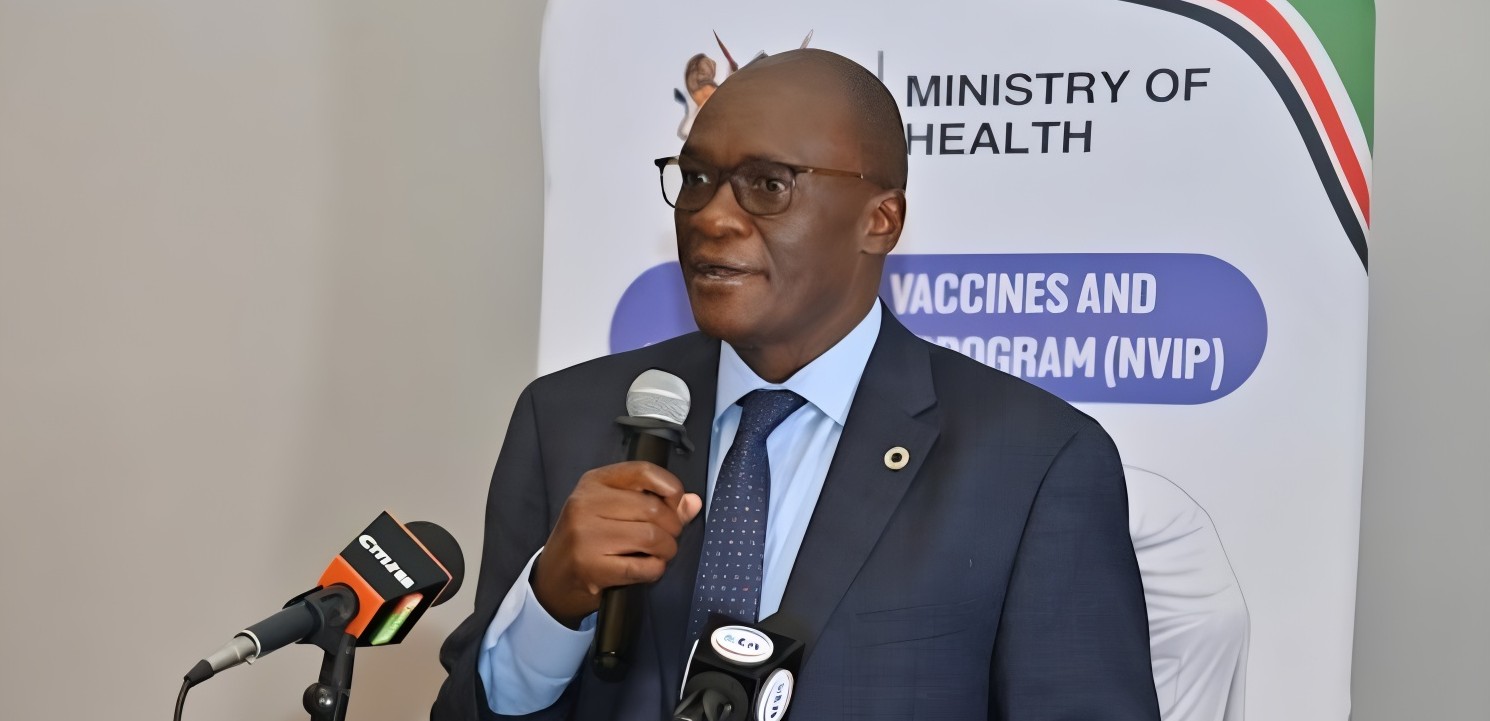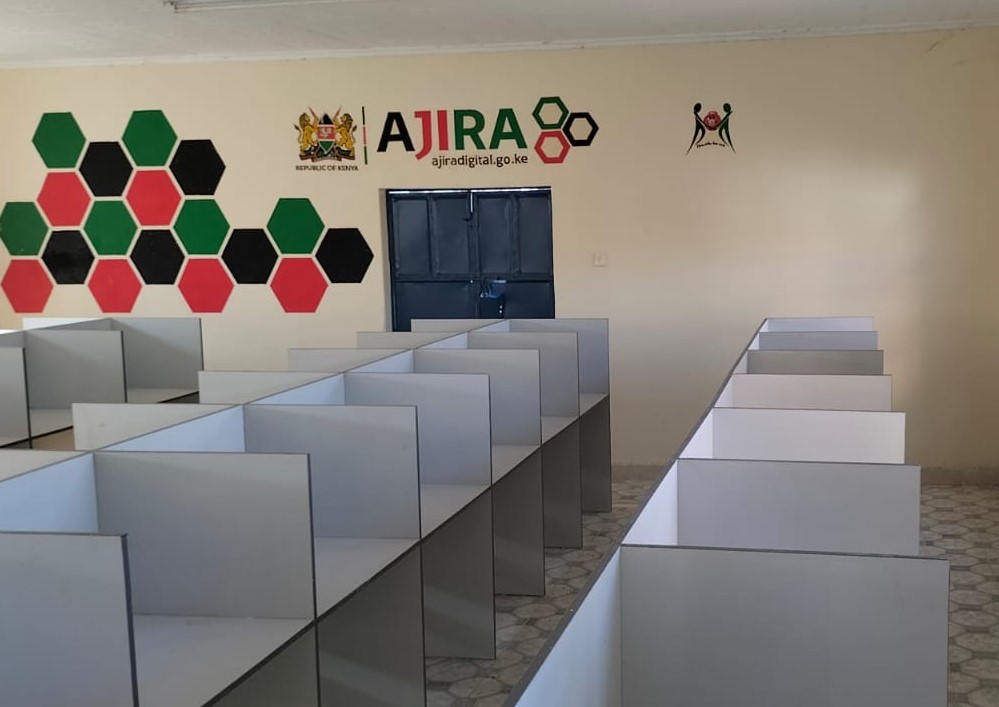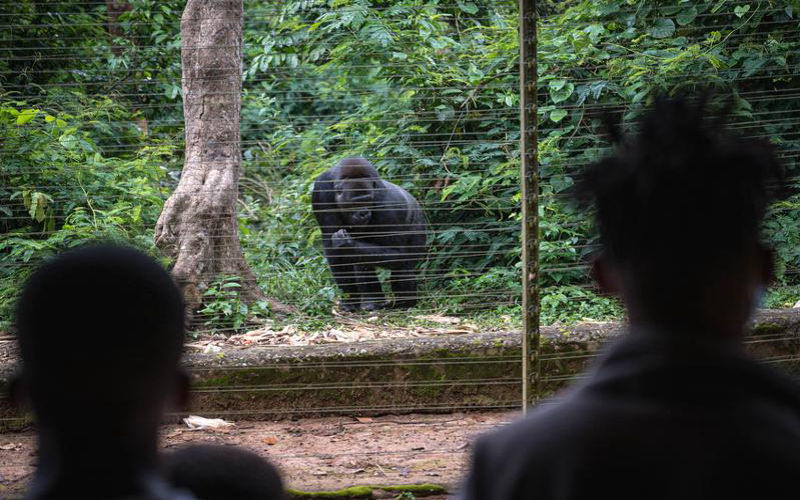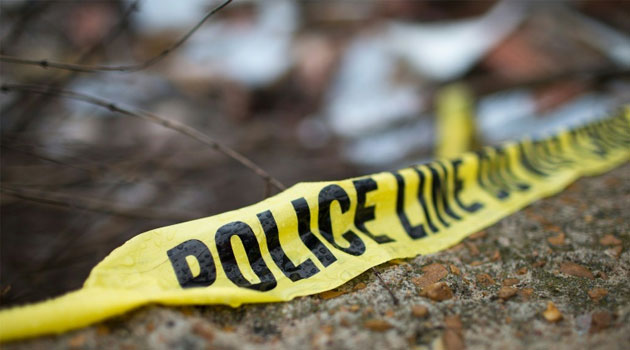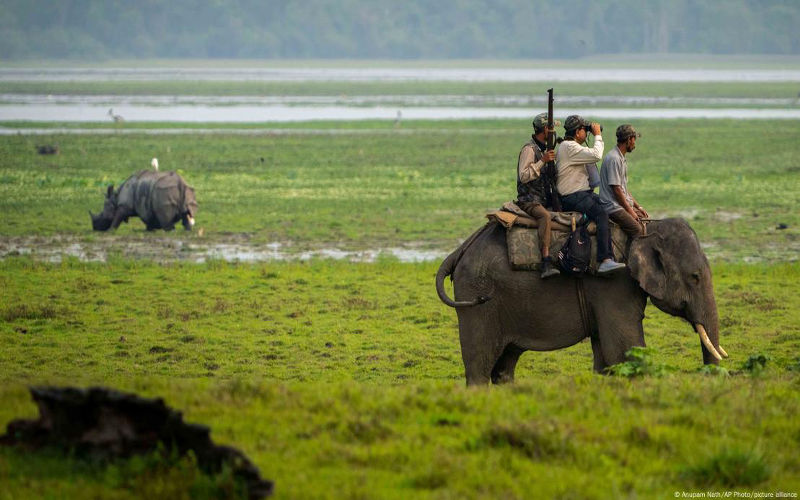Wagalla Massacre 40th Anniversary: Survivors demand justice and healing
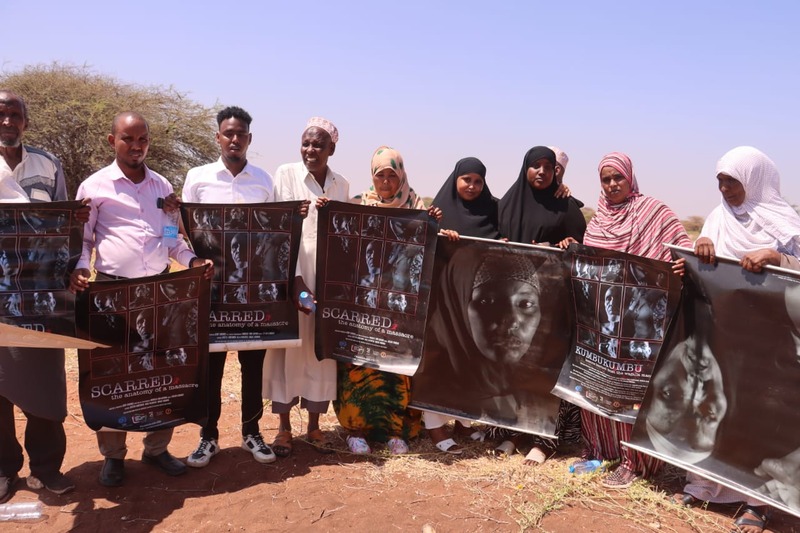
The incident remains a dark chapter in Kenya's history, prompting discussions about accountability and justice.
Victims and Survivors of the Wagalla Massacre commemorated the 40th anniversary of the four-day atrocities, where over 5,000 men were rounded up at an airstrip in Wagalla, Wajir County, facing horrifying execution by the Kenyan government.
Roble Mohamed stressed the need for justice from the government regarding the military operation against the Degodia clan by Kenyan security forces.
More To Read
- Justice remains elusive for Wagalla Massacre victims as last remaining "mastermind" dies, taking secrets to grave
- Wagalla Massacre at 41: Calls for justice still echo decades later
- Wagalla Massacre: Advocates call for implementation of TJRC recommendations
- Wagalla Massacre: Remembering Sister Annalena Tonelli
- Wagalla Massacre: A cry for justice and accountability After 40 Years
He expressed that this commitment would contribute to a society where justice prevails, initiating the healing of past wounds.
Having survived the massacre characterized by torture, rape, and mass killings, Roble highlighted the importance of support services, counseling, and protection for victims and their families.
"Our collective strength as survivors transforms pain into a powerful force for justice, tearing down the walls of silence that once confined us," he said.
Roble advocates for transparency in legal processes and accountability."While injustice attempted to define us, as survivors, we redefine our existence by standing tall and insisting that the Executive listens to our truths."
He emphasized the implementation of the Truth, Justice, and Reconciliation Commission (TJRC) report, creating a platform for acknowledging historical wrongs, fostering healing, and promoting societal reconciliation.
"In our journey from victim to survivor, we reclaim our narrative and demand justice as a fundamental right, not a distant hope," he added.
Mama Dahabo Osman, another survivor of injustice, asserted that in the face of adversity, they stood united, resilient, and demanded justice for the pain they endured.
"Surviving doesn't mean forgetting, it means fighting for a justice that heals wounds and restores dignity," she stated.
Garad Maalim, one of the attendees, emphasized that victims weren't just numbers. They were resilient voices, speaking truth to power, demanding acknowledgement of their pain, and ensuring justice prevailed.
"From the ashes of our suffering, we rise with the unwavering belief that justice will prevail and pave the way for a brighter, more compassionate future," he concluded.
The Wagalla Massacre involved severe human rights abuses, including torture and mass killings.
The incident remains a dark chapter in Kenya's history, prompting discussions about accountability and justice.
The Truth, Justice, and Reconciliation Commission (TJRC) in Kenya, established in 2008, aimed to address historical injustices, including those from the Wagalla Massacre.
The TJRC report, published in 2013, documented various atrocities, providing a platform for victims to share their stories and seek justice.
The report recommended reparations, institutional reforms, and acknowledgement of past wrongs to promote healing and reconciliation in Kenyan society.
Top Stories Today
